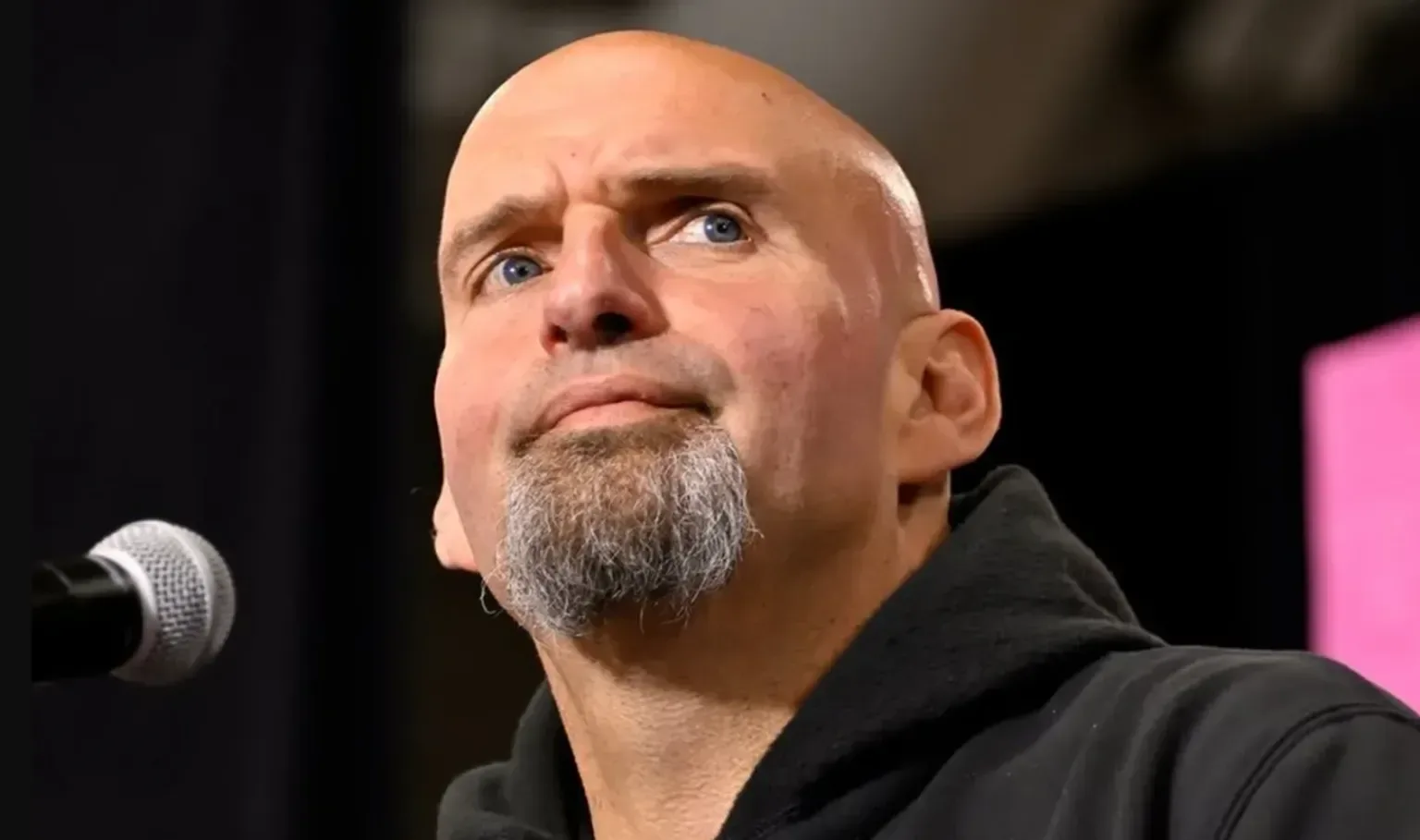Mental Health in America and John Fetterman

What does it mean for our cultural perception of mental illness when a congressman acknowledges his own struggles?
Freshman Pennsylvania congressman John Fetterman stands six feet, eight inches tall, with a neck like a sequoia and bold, slanted eyebrows like flying buttresses, and ears like a bat. He’s the kind of guy who children might be afraid of if he opened the door to his home on Halloween — the kind of guy who doesn’t even need a mask to be a little bit scary. There are pictures of him as a youth where he looks more like a linebacker for the Philadephia Eagles than he does like a representative to Congress. If he weighed less than 300 pounds it would come as a shock.
Throughout his career as a public servant Fetterman has proven himself to be something of a gentle giant — a “smart Hulk,” if you will. He’s worked at Big Brothers Big Sisters of America, AmeriCorps, started programs for at-risk youths, and served as the mayor of a small, economically downtrodden town in Pennsylvania.
Fetterman’s race for the Senate was notable for several reasons: first there was the significance of the outcome — how it would determine which party had a majority of that particular governing body; then there was Fetterman’s opponent, Dr. Mehmet Oz, a nationally renowned physician; then there was the fact that Fetterman had suffered a serious stroke during the election cycle, which rendered him unable to aurally comprehend what was being said to him — “auditory processing issues” was the official diagnosis.
Fetterman’s health issues have not gone away since his election. Just last week he was in the hospital for “light-headedness” — this week he checked himself in to deal with clinical depression.
It has the potential to be a real game-changer in how mental health challenges are perceived in America. Here we have this big strong guy, tough enough to run for Congress while recovering from a life-altering stroke, who’s willing to acknowledge his emotional and psychological vulnerabilities on the most public stage possible — who’s willing to expose himself to the slings and arrows of his political opponents, and give them yet another weak spot to attack on that substantial frame of his.
What makes it even more remarkable, though, is the shift it represents in how politicians go about telling the public about health issues. Franklin D Roosevelt was so nervous that his paralytic condition (the result of a case of polio) would damage him politically that he desperately tried to hide the fact that he was confined to a wheelchair. In the 70s, George McGovern’s campaign for president was derailed when it was revealed that his running mate, Tom Eagleton, had undergone shock therapy. Even when Eagleton was dropped from the ticket, the campaign couldn’t recover.
Though the stigma surrounding mental health care isn’t nearly as powerful now as it was then, there are still many people who look at it as a sign of weakness when someone seeks out help. That’s why it’s so significant when a public figure openly acknowledges their own struggles — especially one like Fetterman, whose persona is rooted in their physical strength and stature. That’s how cultural shifts are inaugurated.
Think of it as trickle-down emotional economics: how public figures act and react to trauma and controversy eventually changes the way the culture as a whole thinks about the issues in question.
How this will affect Fetteran’s political prospects, we can’t say. But hopefully, it will help people feel a little less embarrassed and ashamed about their own mental health issues; hopefully it’ll even inspire some of those people to seek out help. Because that might have a hugely positive impact on the overall health and well-being of our country. It might in fact do more to help his constituents than anything he does in office.
We aren’t endorsing his politics — or anyone’s politics, for that matter. But we can’t help but admire Fetterman’s courage.